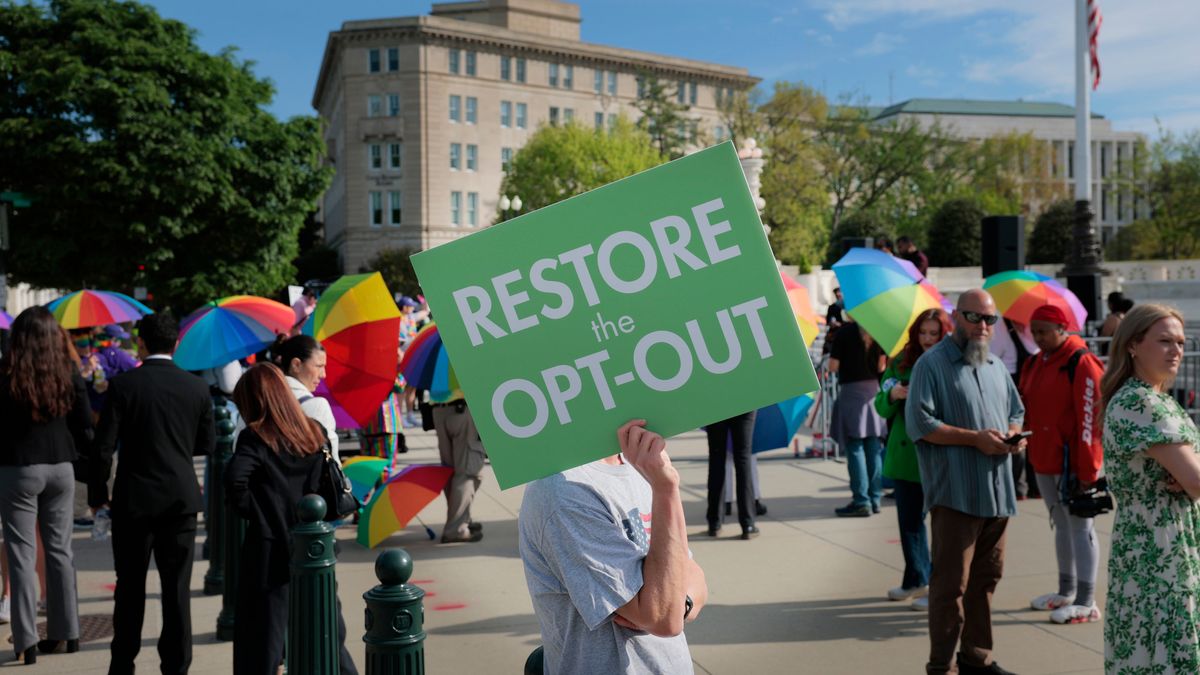Faith vs. Classroom: When Parental Beliefs Clash with School Curriculum

In a passionate stand for religious freedom and parental rights, a group of Maryland parents is challenging the inclusion of LGBTQ-themed curriculum that conflicts with their deeply held religious convictions. These concerned parents are seeking to protect their children's educational experience by requesting the ability to opt out of lessons that they believe contradict their family's moral and religious values.
The parents argue that while respecting diversity is important, they should also have the right to shield their children from content that fundamentally challenges their family's belief system. Their request highlights the ongoing dialogue about balancing inclusive education with individual family perspectives and religious freedoms.
By pursuing this opt-out option, these Maryland parents are advocating for a nuanced approach to educational content that acknowledges the diverse backgrounds and beliefs within their community. Their actions underscore the complex intersection of educational policy, personal beliefs, and the rights of families to make informed choices about their children's learning environment.
